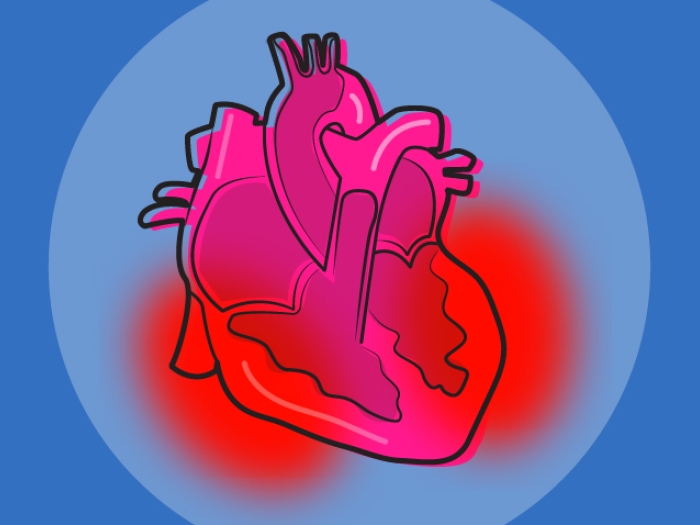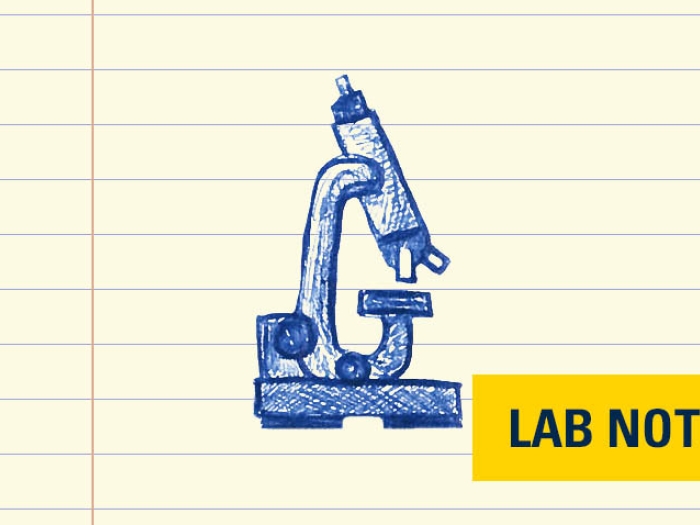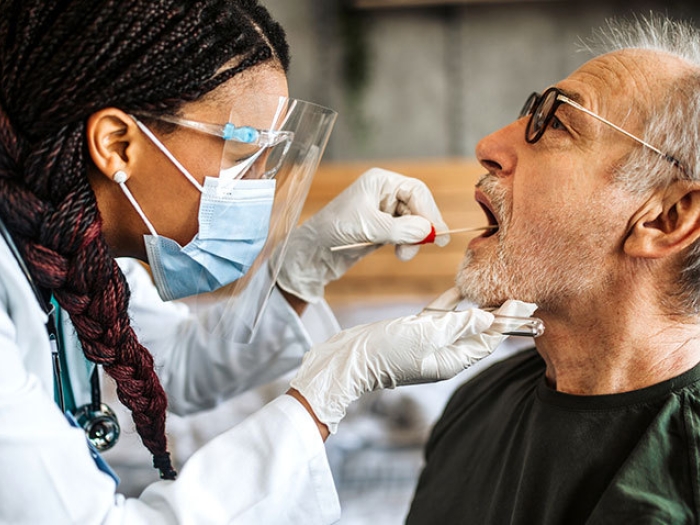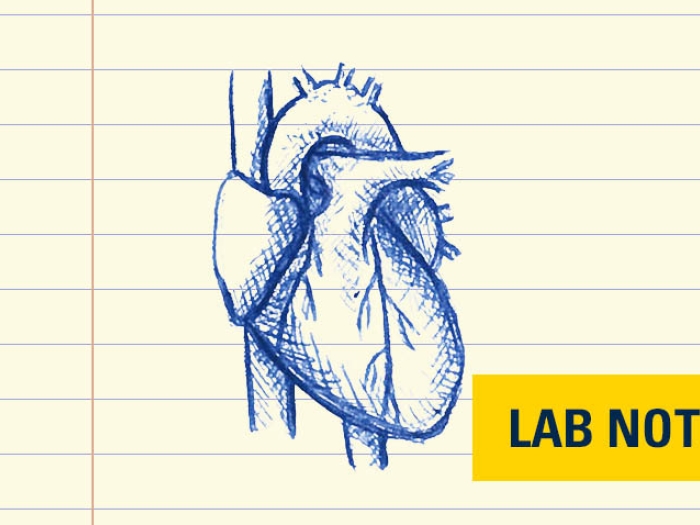
Health Lab
A Michigan Medicine cardiologist explains what heart inflammation is, how it affects the body and how it can be treated.

Health Lab
Cardiovascular disease is the most significant health risk impacting this population, yet, many don’t know it.

Health Lab
Before you head outside with your shovel, brush up on these tips to keep your heart safe out in the snow.

Health Lab
Fast action by pediatric cardiologist, access to an AED save 47-year-old father of three’s life on the ice.

Health Lab
A cardiologist reflects on 25 years of statewide collaboration through the Blue Cross Blue Shield of Michigan Cardiovascular Consortium.

Health Lab
Researchers developed an HDL-mimicking nanoparticle that modified heart disease-related plaques in preclinical research.

Health Lab
A new publication shows how more varied samples push science even further than homogeneous studies of the past.

Michigan Answers Podcast
Nicole Bhave, M.D. joins us to sort out answers to the most searched questions about the “silent killer” that is high blood pressure.

Health Lab
Medical students can benefit from mentorship in a number of ways, including guidance that helps facilitate student-led scientific research.

Health Lab
A human genetics experts discusses how these DNA tests might be useful in practice and what cautions remain.

Health Lab
Adding tricuspid repair to the OR docket makes sense for some patients already undergoing surgery for degenerative mitral regurgitation, a new study shows.

Health Lab
Preclinical research allows for a more efficient analysis of heart conditions.

Health Lab
A pre-clinical study explores the role of hormones in the COVID-19 vascular damage that’s generally worse in men than in women.

Health Lab
A third of children and adolescents who underwent a complex procedure for a severe congenital heart condition were identified as frail.

Health Lab
Participants from the University of Michigan Health-led research range in age, race and health conditions.